I remember having dinner with a colleague. He, like me, is highly sensitive and introverted. Amongst the chatter and noise in the restaurant, my colleague asked me a single question:
“How do you protect your energy as a person who identifies as highly sensitive?”
– my colleague
It was a question that took me a few months to answer because I wasn’t sure. How have I been able to reclaim my sensitivities after hiding it for so long, yet protect them whenever I interact with people in sensory stimulating environments, such as churches, restaurants, networking events, and sporting events?
It wasn’t until the pandemic hit and I, along with most people around the world, was faced with extreme amounts of uncertainty that my process of protection became very clear. The longer the pandemic lasted, the more I needed to rely on my rituals to shield me from misinformation, Zoom fatigue, and online spaces that suddenly became very noisy as millions turned to social media websites to create a virtual stage.
How do I continue to interact with a changing world without losing my connection to my gentle, quiet, and highly sensitive personality? Below are 7 things I use to protect my sensitive energy. These 7 things are not THE way to shield yourself as a highly sensitive, they are suggested ways to do so.
You can adopt all 7 in your life, or choose the one that speaks to you the most. Whichever one you choose, make it your own. The more you’re able to protect your energy, the stronger your boundaries become.
(If you’re not familiar with the term highly sensitive person (HSP) coined by Dr. Elaine Aron, click here to read more)
1) Prioritize Your Self-Care
It is so hard for HSP to protect their mental and physical wellness as they are so used to putting other people first. It may feel weird to put yourself first, but because HSP absorb everything, it’s critical that they carve out time to release anxiety from their mind, body, and cells.
There are many self-care practices you can use. Manicures and massages are often what some think are self-care practices, but that’s not all. Self-care is also about:
- getting enough sleep
- walking away from toxic people and projects
- dancing to music
- or simply refusing invitations to yet another social event.
Adopt the self-care practice that aligns with your lifestyle, budget, and personality.
2) Go on an Inner Field Trip™
HSP don’t like being watched, examined, or evaluated when attempting a task. Nowhere is this true than in a workshop room or classroom, especially one focused on anti-racism or anti-oppressive training. Participating in group circles where they have to share their experience can be both a nerve-wrecking and anxiety-inducing event.
Exploring the crevices of their complex, deep, and nuanced inner terrain is exactly what an HSP needs to protect their energy during uncertain times. Known as an Inner Field Trip™, HSP can embark on an internal journey using their pen and guided questions to write about their cultural conditioning and generational programming in a stream-of-consciousness way.
Click here and become a patron so you know when the next Inner Field Trip begins.

3) Know What You’re Saying Yes to (so Your No Is Easy)
HSPs suffer from a disease to please (this is the title of a book authored by the late Dr. Harriet Braiker) and feel responsible for other people’s happiness. Defining your values can help you know what you’re saying yes to so your no is easy (quote from Willam Ury’s book Power of Positive No).
4) Get Answers from the Past
HSP tend to avoid looking into the past because they are reminded of their mistakes. Yet, looking back is essential to understanding what was done well and what can be improved. The past isn’t just about personal memories; it’s also about accessing the wisdom of elders in your family, as well as interrogating your cultural conditioning.
Start off with reframing your relationship with the past. See the past as a way to get back to the basics and rediscover your wholeness. Use the past as a way to redefine your values and your moral code.
5) Listen to Your Body
Being overwhelmed and overstimulated due to loud sounds, a noisy room, raucous chatter, strong scents, and coarse fabric creates anxiety in the nervous system, cells, bones for HSP. The ongoing battle between staying in the discomfort of a social setting vs the need to escape takes a toll on the body.
Honouring what your body needs and planning in advance is a way HSP can protect their energy. For example, if you know you shut down after 90-minutes of consistent social interaction (eg. your smile disappears, speech becomes choppy, and exhaustion sets in), be sure to honour your timing. Your body doesn’t lie and tuning into its rhythms will help you protect your energy.
6) Adapt Your Routines to the New Reality
Hectic and demanding schedules, and unrealistic demands during times of crisis, can be frightening for HSP. HSP need to keep a predictable schedule to avoid shocking their nervous system with surprises.
As the pandemic set in and people began to shelter-in-place, what kept me grounded were my first five routines until I was able to figure out what would be the new reality. It took about three weeks for me to get used to the new routine. Once I did, I was able to adjust in a way that didn’t shock my nervous system.
Be gentle with yourself as you adjust to the new reality. Slow down and process what’s going on around you. Do not be in such a rush to satisfy someone else’s demands. Pause to reflect, so you can take in the changes without putting your nervous system into overdrive.
7) Ground Yourself in Nature
I do some of my best thinking while walking amongst the trees along a trail or river. I often get profound clarity while listening to the animals, birds, and insects. It’s in nature that I’m reminded of my limited time on this planet and helps me focus on the legacy I’m leaving behind.

There is a field of study called ecopshychology where researchers look at the effects of nature on a person’s mental wellness. Studies have found that spending two hours a week in nature can lower blood pressure and reduce nervous system arousal. Many of my patrons, who identify as HSP, will do reflectively writing next to a tree so they can tap into its protection and strength.
Getting an ounce of Vitamin N (title of Richard Louv’s book) and making it a priority each day can help HSP lessen their irritability after spending too much time with people. Ditch the social gathering, and instead, walk or sit amongst nature.
Next Step
These tips were written before my community on Instagram grew by 15,000+ new followers in less than 10-days. Most are following me because they’re looking for information on how to become anti-biased and anti-oppressive.
Part of anti-bias work is to strengthen your boundaries simply because you can’t join every fight, nor can you engage in every conversation. My goal is to help highly sensitive people STOP using their sensitivities as an excuse NOT to engage in anti-bias work, and instead, use a method to help them explore their biases on a consistent basis. I’m not looking for drive-by allies – here today and gone tomorrow once their favourite retailer announces their going-out-of-business bankruptcy sale. I’m looking to help those with gentle, quiet, and highly sensitive personalities make unpacking of unconscious biases a sacred, daily practice.
There are a few writing prompts inside my community on Patreon you can use to help you explore the root of your inability to set better boundaries. Click here to join. You can pay what you want (from four pre-select amounts) and for as long as you want (I recommend staying a patron for at least six months).
Note on Sharing
Yes, you can share this infographic. If you do, you MUST share it without editing the image in any way. It’s far easier – and cheaper – to give attribution than to steal, plunder, or exploit the intellectual labour of a person of African descent.
Here is the infographic in various background colours. Just download and share without editing the image in any way. Tag me or use the hashtag #JourneyWithLeesa so I can see how you used it. Thank you!
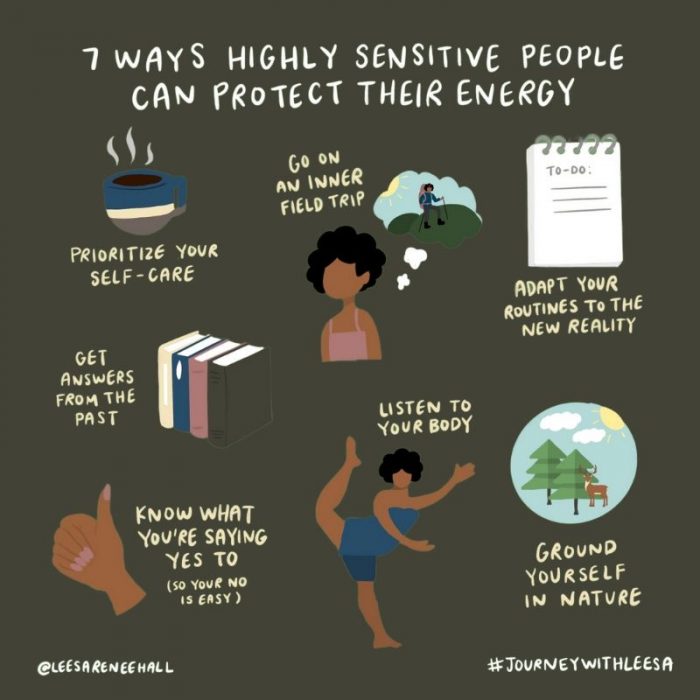
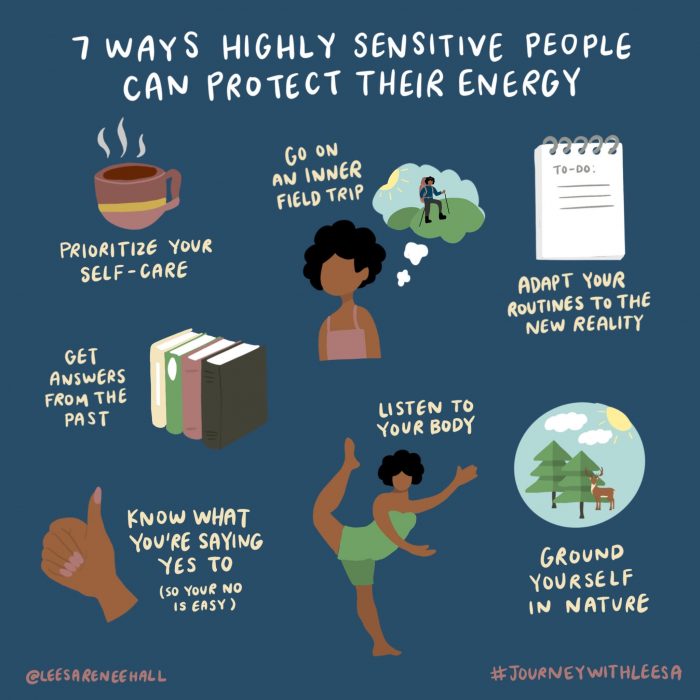
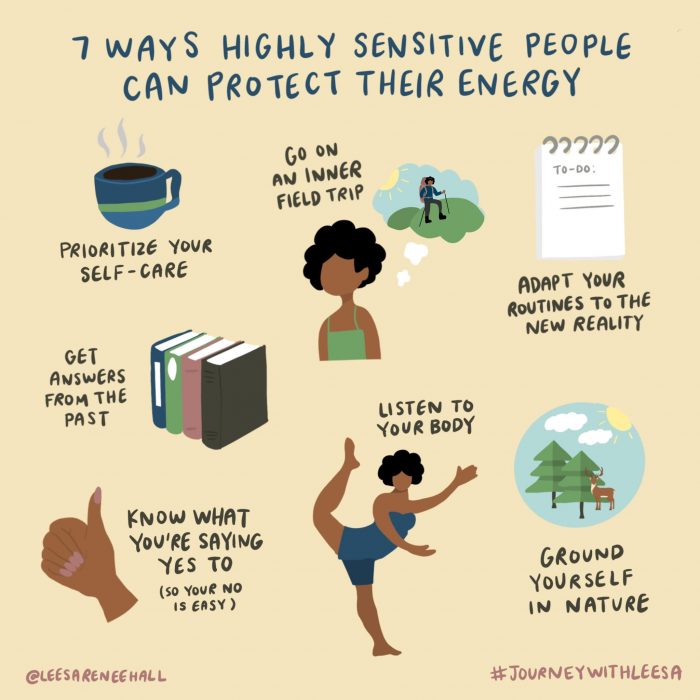
Illustration by the talented @ohhappydani
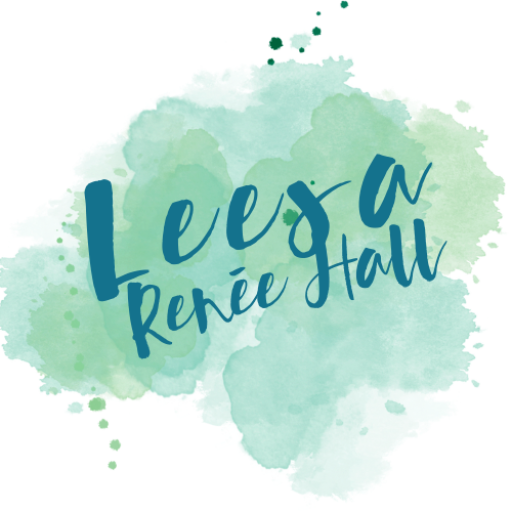
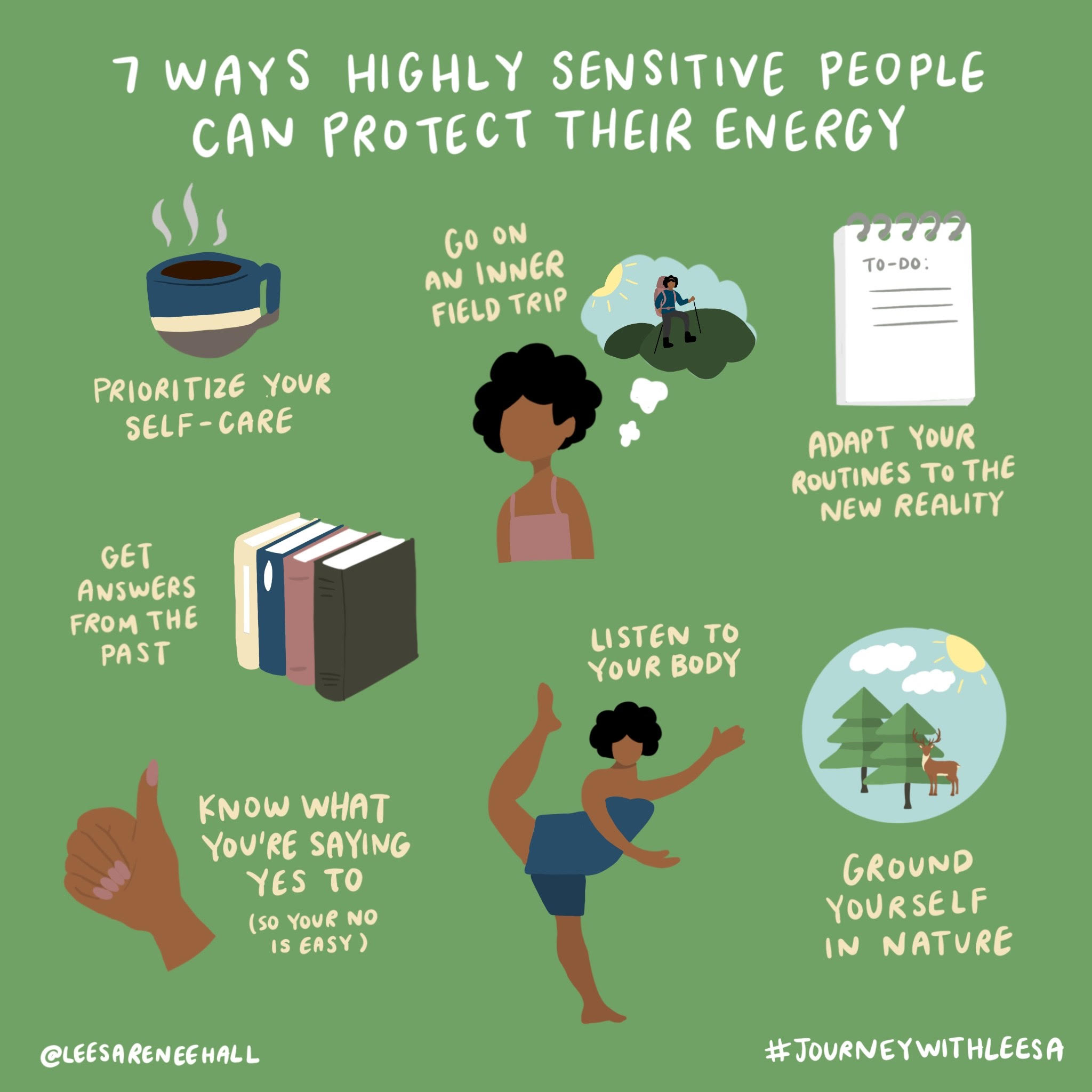
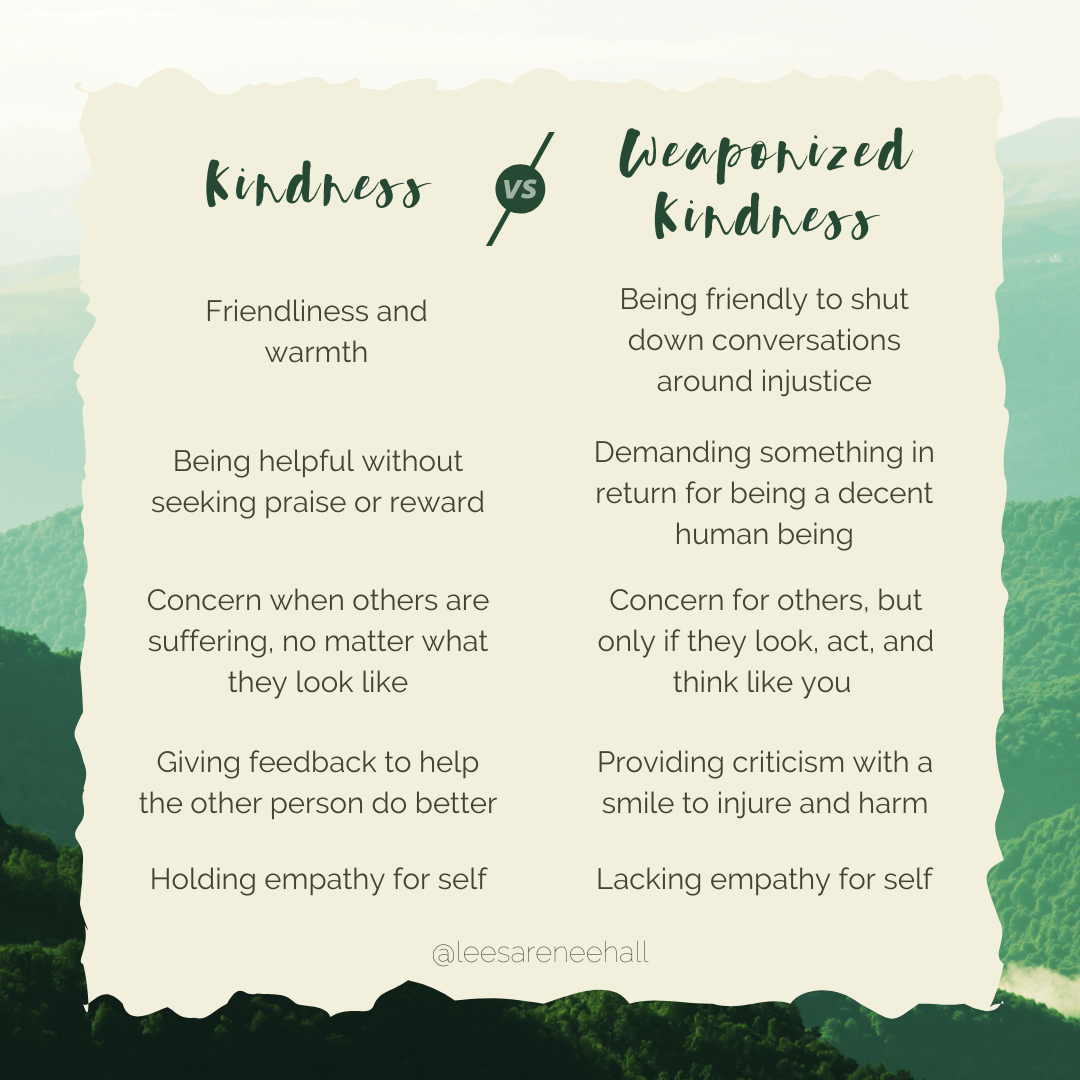
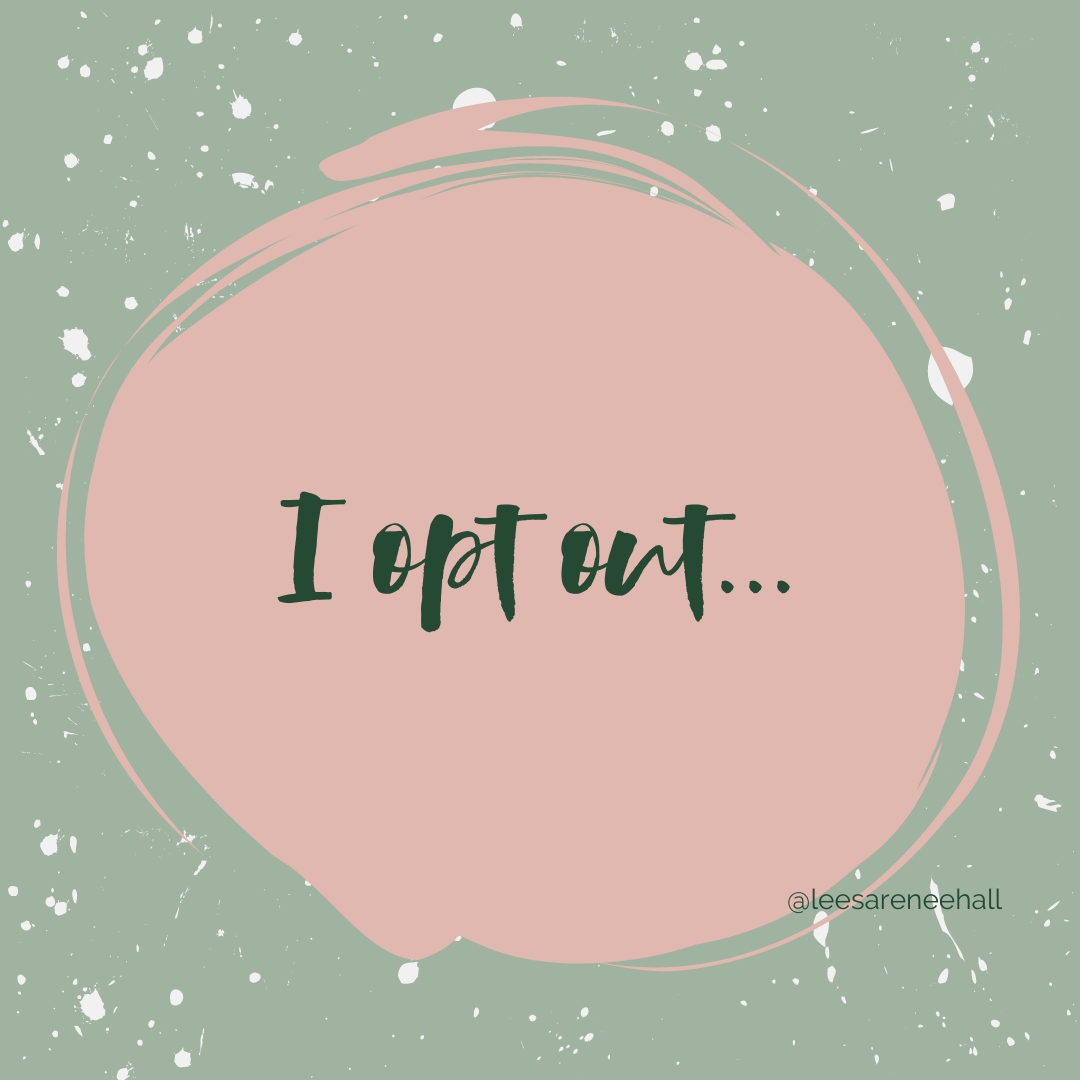
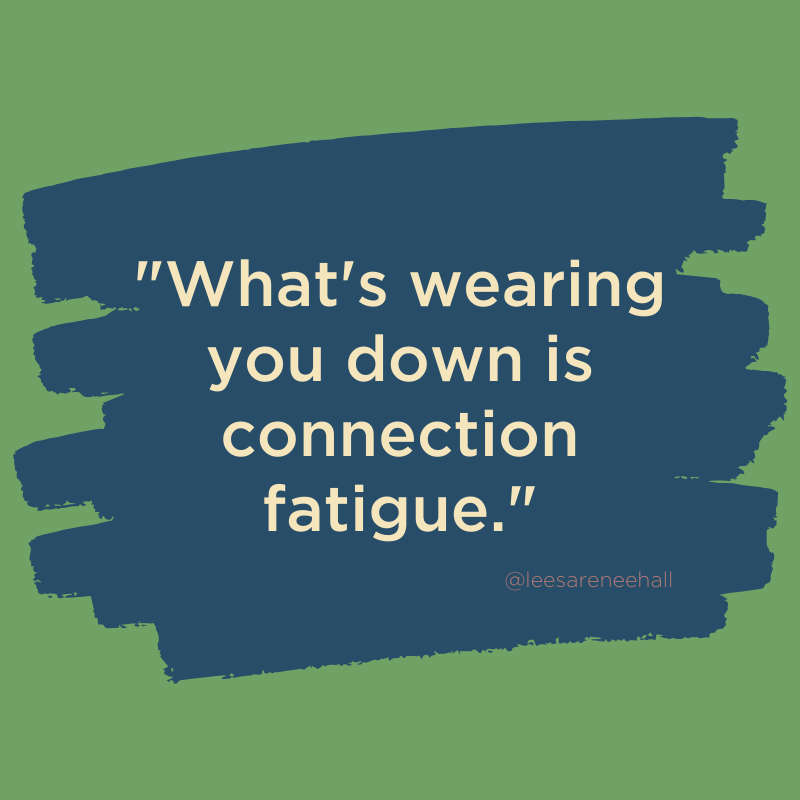
0 Comments